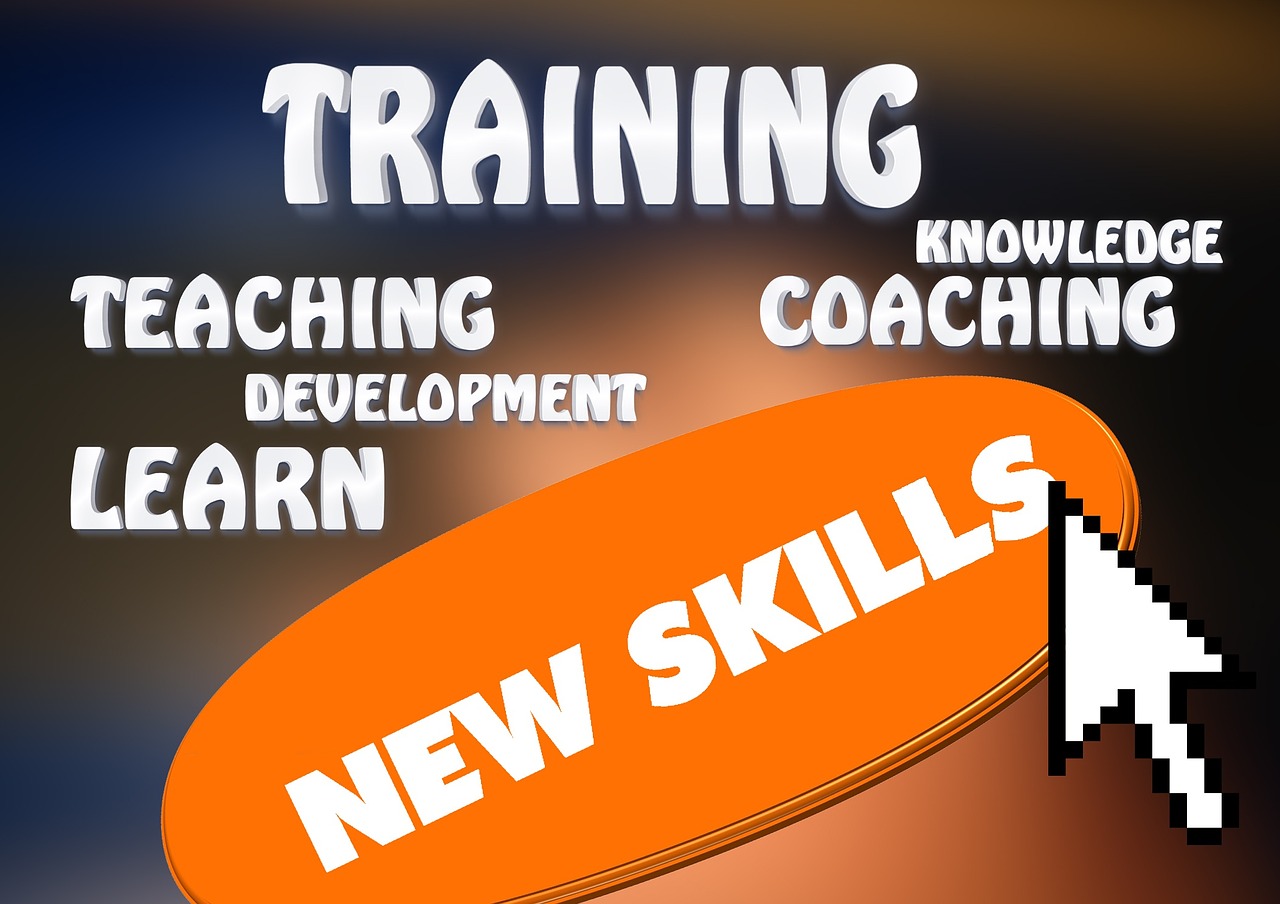Developing personal skills is about health promotion “providing information, education for health, and enhancing life skills.” The Ottawa Charter for Health Promotion identifies developing personal skills as one of the five (5) key action areas for health promotion that will empower the individual and give them more control over health.
Developing personal skills includes the development of health literacy, foundational motor skills, and gaining an understanding of the links between risk behaviours and lifestyle diseases. It promotes protective behaviours and provides the individual with the skills to be able to navigate the health system and critically analyse health information. It includes aspects such as, what is a healthy diet?, how to read nutritional information on food packaging, road safety, social and sexual health knowledge and skills.
But, developing personal skills is not just about skills and knowledge specific to physical health, though it does include these. It encompasses a wider perspective and seeks to encourage lifelong learning that helps people to be active in all the dimensions of health in order to achieve better health. This means knowledge and skills in social settings, family contexts, spiritual matters, having a purpose to life, mental and emotional stability are all part of the development of personal skills.
In order to develop personal skills, health promotion must include the actions of educational organisations and institutions. The World Health Organisation states:
This has to be facilitated in school, home, work and community settings. Action is required through educational, professional, commercial and voluntary bodies, and within the institutions themselves.[1]
In other words, the development of personal skills requires a multi-sectoral approach to health promotion. Schools, General Practitioners, organisations, businesses, companies, governments and more, must all contribute to developing personal skills in order to improve health. They all have a role in health promotion.
Developing personal skills example – Road Safety
For example, in order to ensure safety on our roads and to reduce road incidents a multi-sectoral approach has been used. Students are educated in school and through media advertisements about the dangers of road use and how to be safe on the road. RYDA provide educational services to schools to help students to further develop their road safety skills.
The Roads and Maritime Service provides education around road rules and has tests that need to be passed in order for you to be able to drive and to progress to the next level of licence. We have Driving Instructors who make money teaching road skills.
Parents teach their children to be safe when crossing the road and the council puts up signs that indicate to people that it is a school zone or to watch for pedestrians. All of which are developing personal skills around road safety.
Resources
[1] http://www.who.int/healthpromotion/conferences/previous/ottawa/en/index1.html
